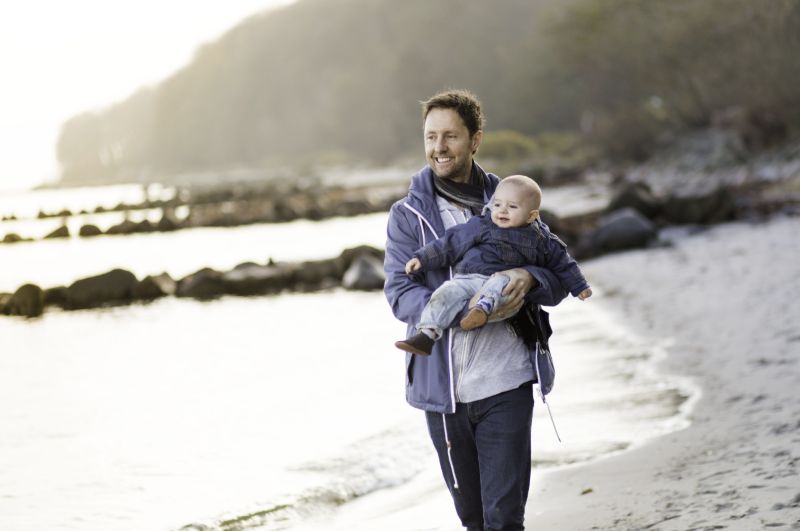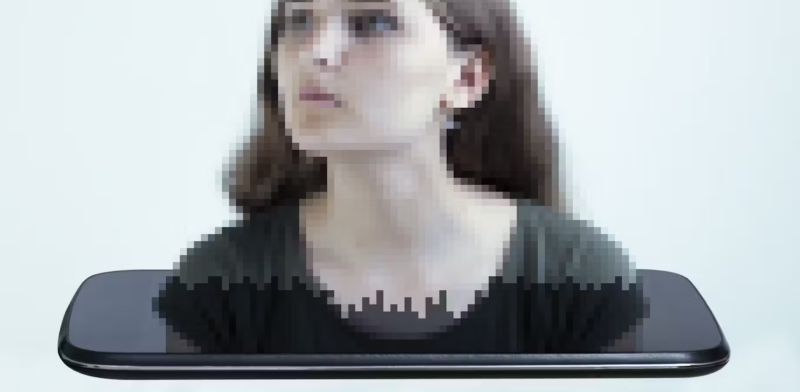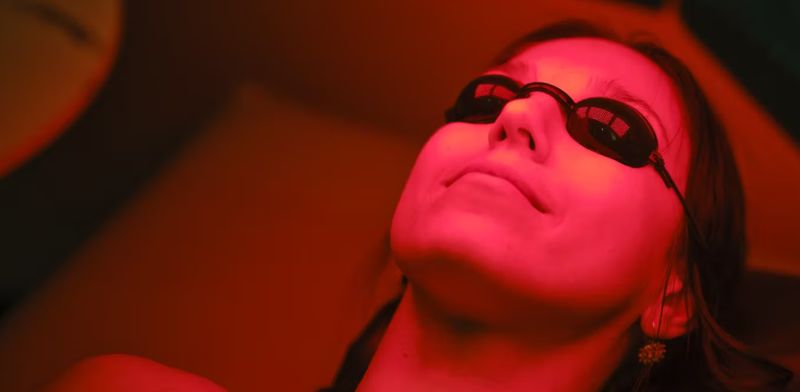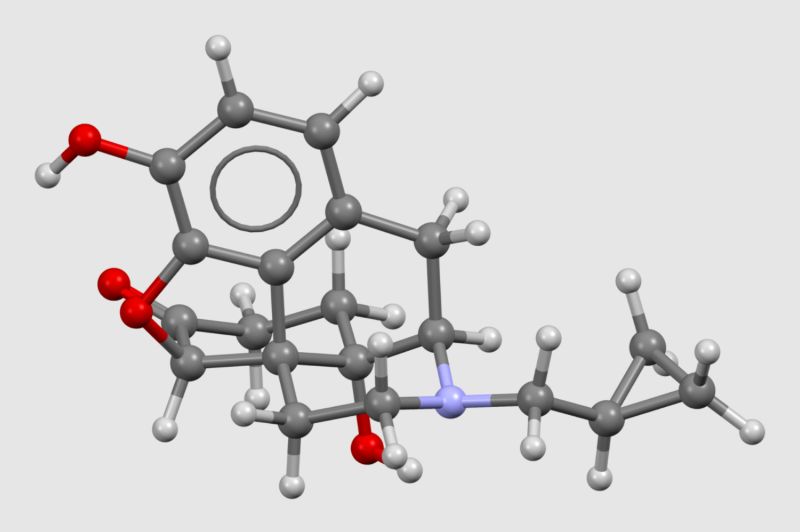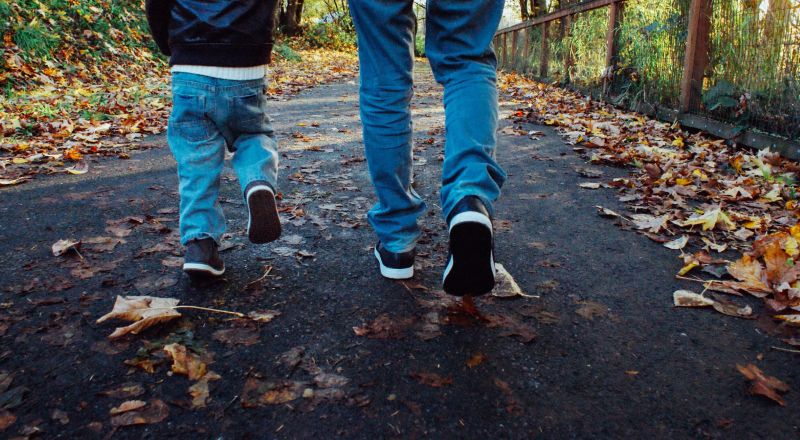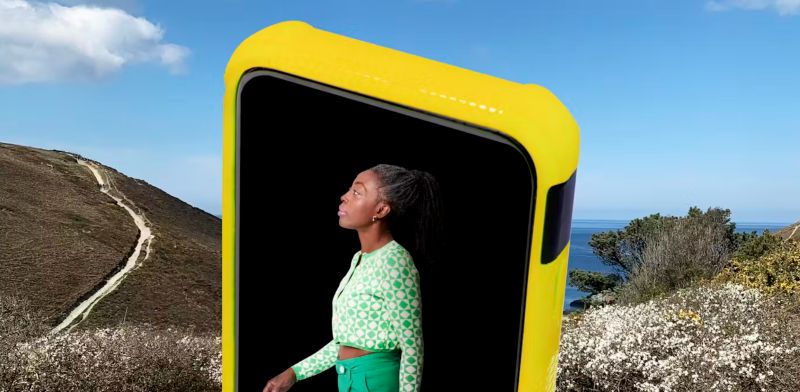
A new study suggests that a grateful partner can help heal the wounds of an insecure attachment style.

By Jill Suttie
Free-lance journalist and a staff writer
As Valentine’s Day approaches, not everyone looks forward to this holiday of romance. For people with “attachment anxiety”—who yearn to be closer to their partners but never seem to get close enough—the day can be one of disappointment and feeling unloved.

Attachment anxiety is the belief that you are not worthy of love and that your partner is likely to reject or abandon you. Adults who didn’t experience the care and safety of a loving parental relationship—whether due to neglect, abuse, emotional coldness, or inconsistent attention to their basic needs as a child—tend to be emotionally overreactive and in need of constant reassurance from others. This can interfere with their mental health and lead to more conflicts in their relationships.
What can help someone feel less afraid of abandonment? A new study suggests that having a grateful partner may be key.
Researchers analyzed data from a long-term study in Germany that surveyed romantic couples yearly over seven years. To measure attachment anxiety, couples were asked to rate how much they agreed with statements like “Sometimes I’m not sure if my partner enjoys being with me as much as I enjoy being with [them],” or “I’m often afraid my partner thinks I’m silly or stupid if I make a mistake.”
They also rated how satisfied they were with their relationship overall and reported how grateful their partner was by answering questions like “How often does your partner express recognition for what you’ve done?” and “How often does your partner show that they appreciate you?” The researchers then ran a series of analyses on the data, trying to see how these factors changed over time.
Their findings showed that when people high in attachment anxiety felt greater gratitude from their partners, their anxiety was significantly lower a year later, while the reverse was not true—lower anxiety did not seem to predict more gratitude later on. To Yoobin Park, the study’s lead author, this suggests that gratitude plays a role in reducing the stress that attachment anxiety causes in a relationship.
“When people high in attachment anxiety receive a partner’s recognition and appreciation, they feel more worthy and competent,” says Park. “They can infer that their act of kindness has successfully met their partner’s needs and that their partner values them and their relationship.”
While other relationship factors could help reduce attachment anxiety, too, Park and her colleagues found that the changes weren’t simply due to people feeling more satisfied with their relationships. Whether relationship satisfaction went up or down, being the recipient of gratitude still soothed a person’s relationship insecurities.
“Perceiving gratitude has some unique effects,” she says.
While many studies have found that gratitude helps relationships thrive, this may be the first to find that experiencing gratitude from a partner can help heal deep psychological wounds. Couples therapists may want to take note, says Park, particularly given how difficult it can be to change deep-seated insecurities. Outside of psychotherapy, experiencing a more secure, loving relationship in one’s adult life—including expressions of gratitude, as this study suggests—may be a particularly viable way to help calm the anxiety.
If we or our partners are anxious about the stability of our relationship, we could try to focus more on our partner’s positive qualities and offer them gratitude. As long as it’s sincere—meaning, we are not just faking gratitude, which doesn’t have the same benefits—it’s bound to help us feel closer.
“I’d recommend we all think about what it is about our partners that we appreciate the most,” says Park. “Then, make sure our partner is aware of how grateful we are.”
Perhaps a little appreciation would be the best gift for a loved one on Valentine’s Day.
Originally published by Greater Good Magazine, 02.10.2020, under a Creative Commons license.

